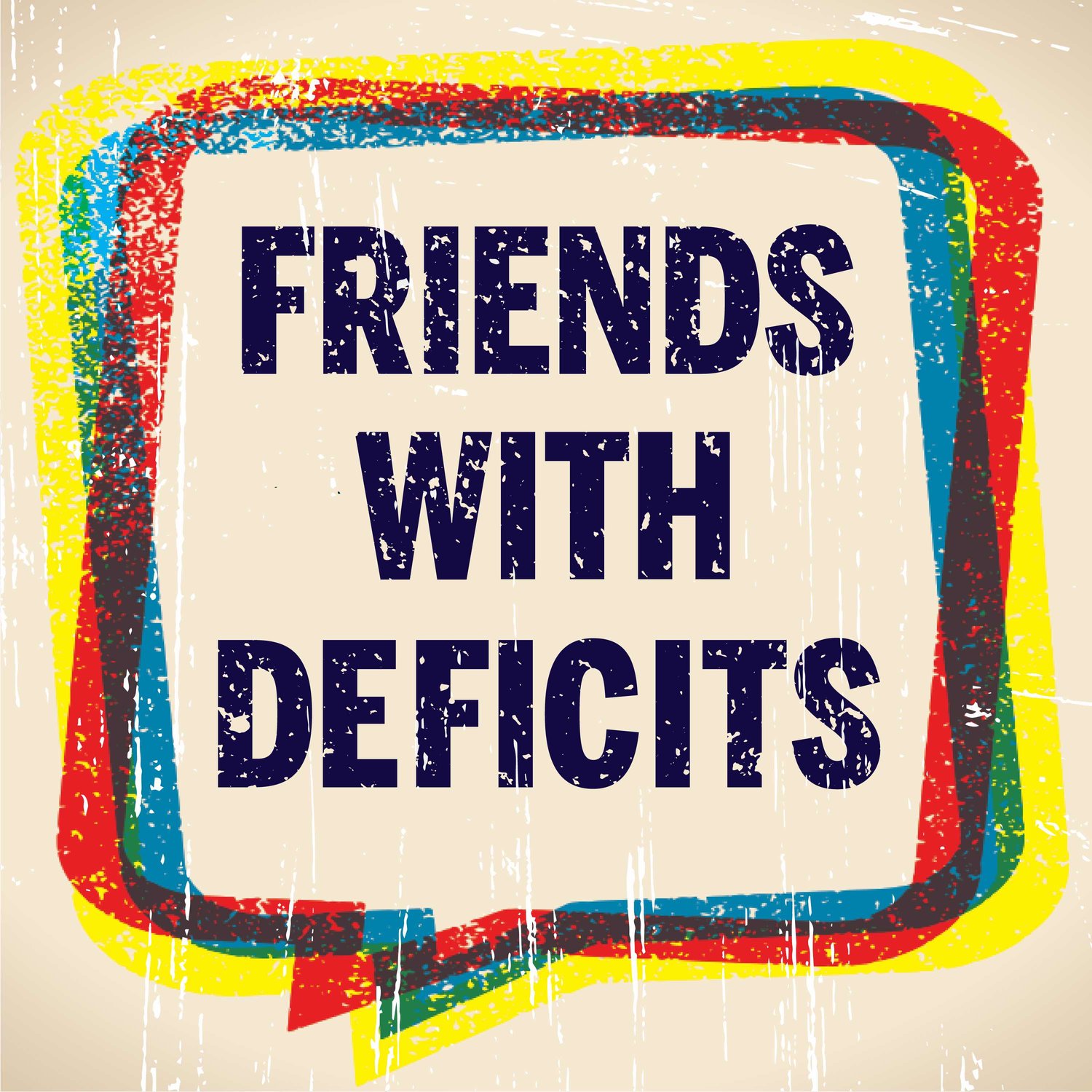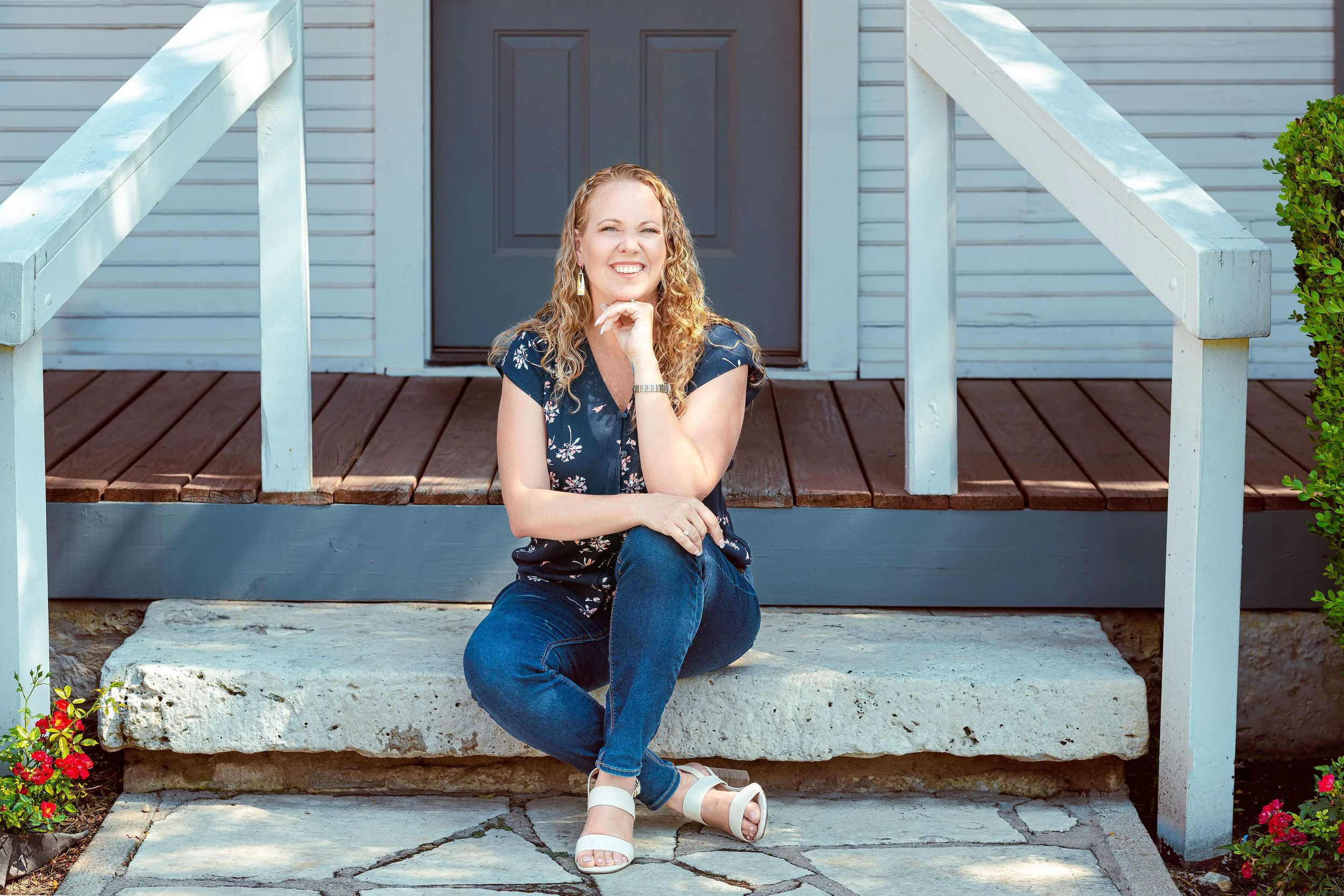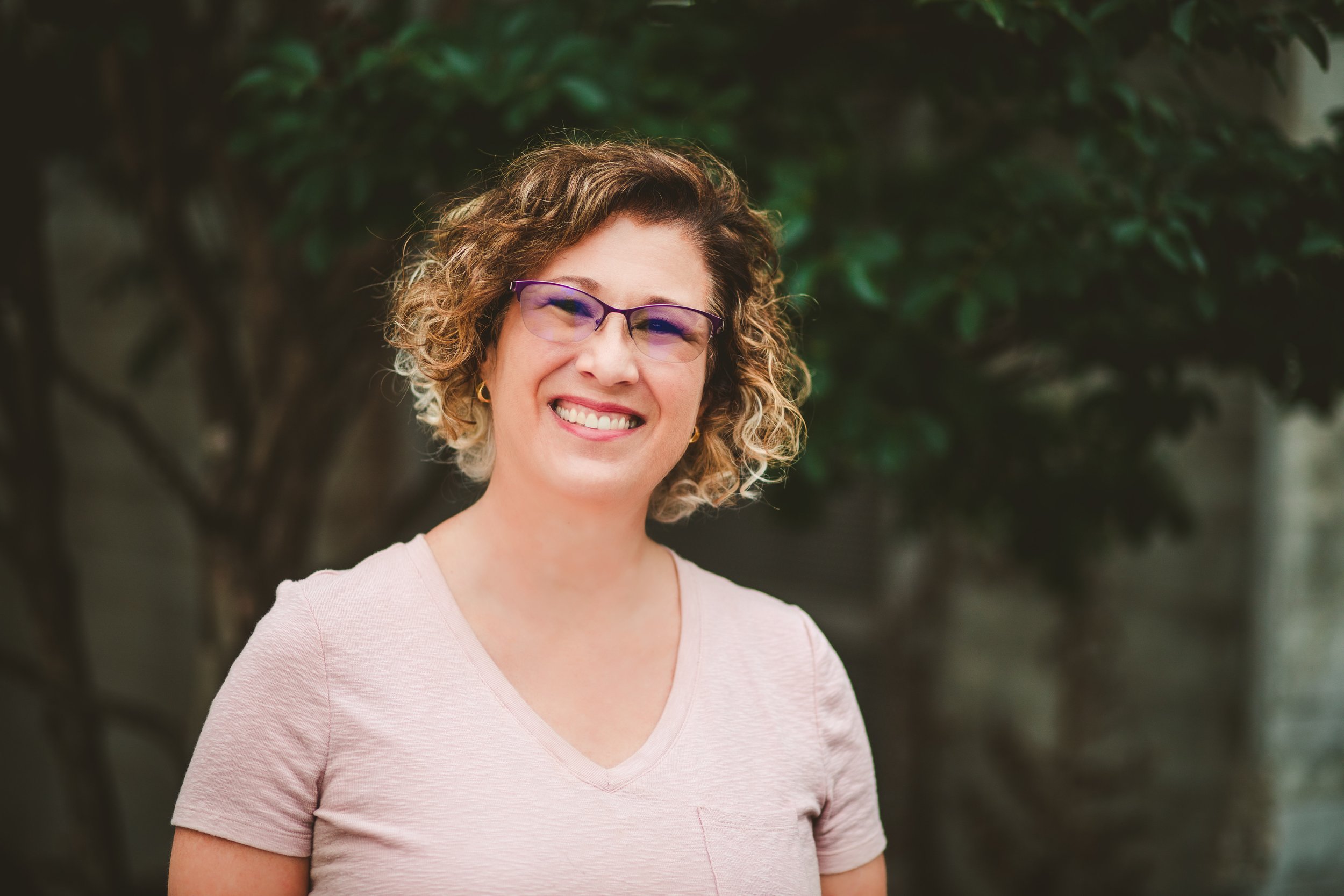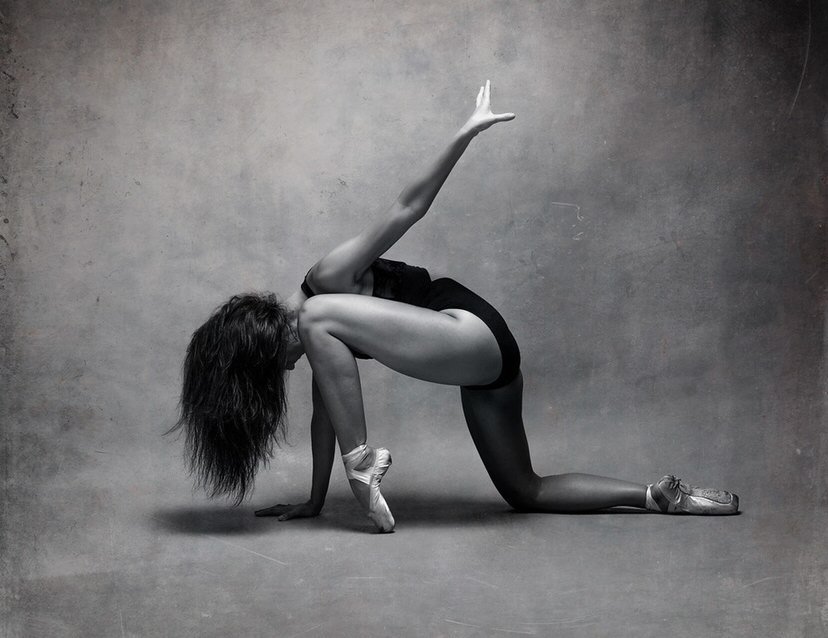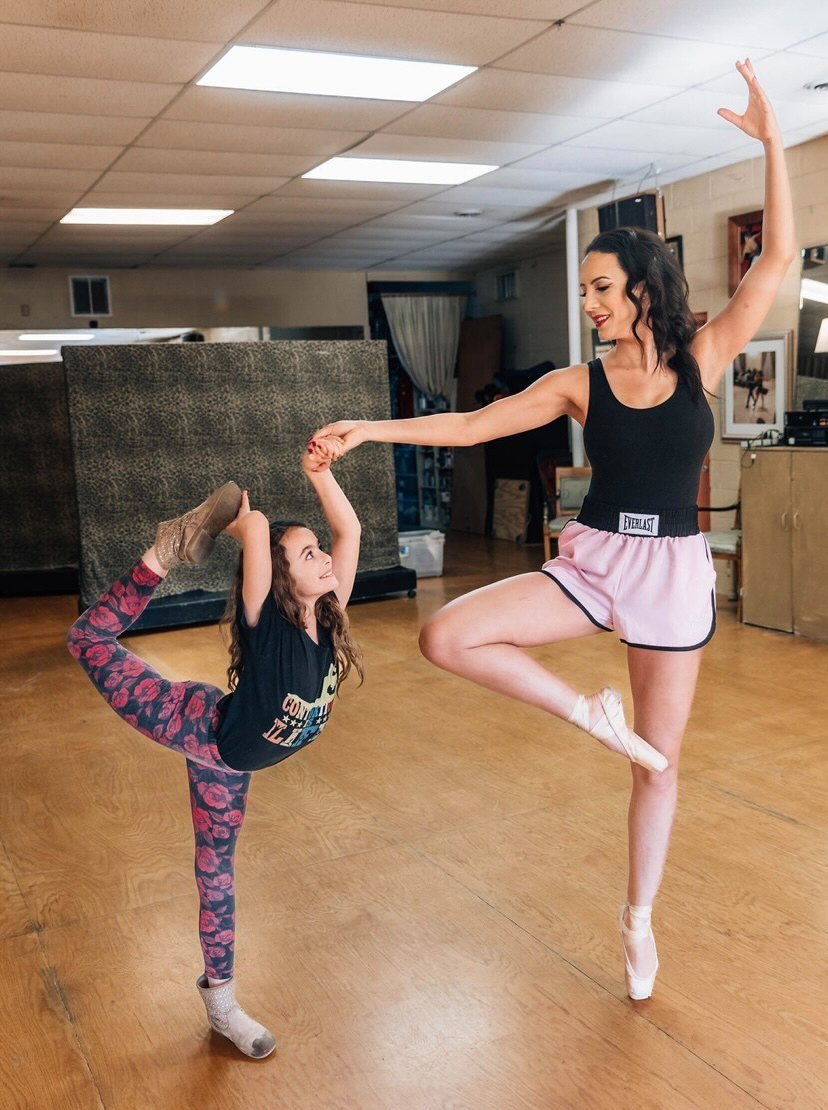Human Relatedness – a conversation with Dr. Mark Adams
/Mark Adams, Ph.D., is a private practice psychologist working in Austin, Texas after 20+ years of service at the VA Central Texas Health Care System; he specializes in PTSD, mindfulness-based psychotherapy, and men problematizing their relationship to pornography.
In our conversation, Mark discusses everything from porn addiction and mental health, to disappearing moms and McDonalds.
More on Mark here: https://www.dr-mark-adams.com/
Support Friends With Deficits! https://www.patreon.com/c/friendswithdeficits
